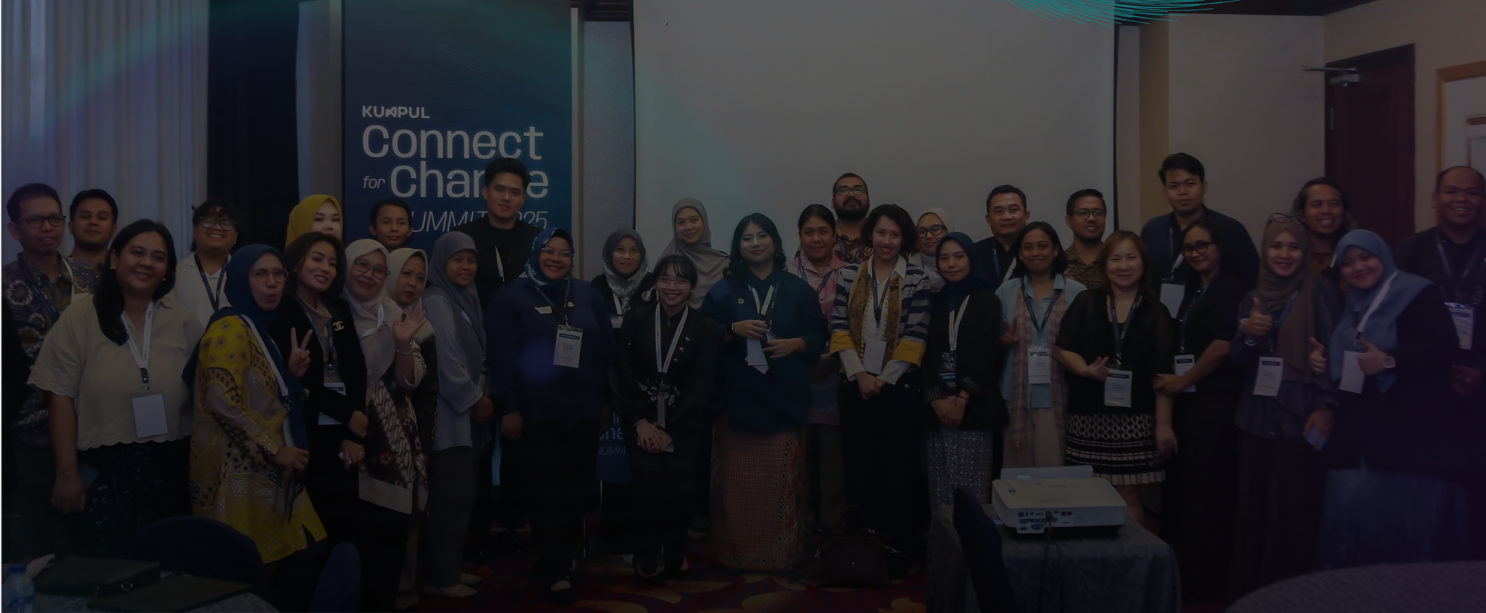The global economic slowdown in 2023 needs to be kept in mind by every country, as many big startups are preparing to strengthen their companies for the upcoming “winter”; for it can be a drag on their business growth due to recession, or, it can bring new and greater opportunities to innovate and accelerate. This situation also encourages technology startups in particular, from various stages of business, to focus on pursuing business model innovations that can generate clear profits.
The Winter Fund is expected to continue throughout 2023, especially in the western countries. However, startup investors are in an optimistic mood, based on the results of a survey by Redseer that the funding winter will end in a maximum of one year. According to the survey, 50% said that the funding season will end in 6-12 months and another 17% believe that the funding season will end before that. A total of 33% of respondents were a little more cautious and believed that it would take another 12-18 months for funding to return. The funding winter started in the second half of last year, which resulted in startups retrenching, reducing their workforce, and tightening their corporate belts.
With the recession and winter fund looming, investors may already be facing economic challenges in their home countries such as rising interest rates. As a result, investors are more realistic and cautious in investing in emerging digital startups. This precautionary principle makes them very selective in their investment choices, including the funds they pour into startups.
However, the reality is that winter funds in the West have not had a major impact on Asia. According to the International Monetary Fund, Indonesia could be a bright spot amid a gloomy world economy. Indonesia’s economy grew 5.44% in the second quarter of 2022, getting stronger in the third quarter at 5.72%. Indonesia can also process inflation, which stood at 5.9% last September, due to rising fuel prices.
Despite this, the startup ecosystem in Asia is experiencing tremendous growth in funding. Asia has become the world’s leading tech growth center. Forbes estimates that tech startups in Southeast Asia will reach a valuation of US$1 trillion by 2025, tripling from US$340 billion in 2020. There are three reasons for this: an increasing population and internet usage, economic growth, and an increasingly established startup ecosystem.
The digital economy is now supported by an increasing number of fast-growing technology startups, especially in the e-commerce, fintech, and health-tech sectors. Companies such as Grab, Gojek, and Lazada have raised substantial funds and are rapidly expanding operations in Southeast Asia.
The backdrop of this growing digital economy is also due to people’s increasingly contactless behavior, relying more frequently on e-commerce and on-demand services, such as ride-hailing, online food delivery, and online logistics.
It is estimated that the value of the ASEAN digital economy will be able to double to reach two trillion US dollars by 2030. This is due to the Digital Economic Framework Agreement (DEFA) accelerating trade growth, and creating a safe digital environment for startups and MSMEs. Before the DEFA, ASEAN’s digital economy was predicted to grow by US$330 billion in 2025, to US$1 trillion in 2030.
With that, ASEAN’s digital economy is called the fastest-growing economy in the world with the digital sector having a strong influence to continue to grow and make innovations amid the ongoing winter.
The progress of this economic growth is inseparable from the help of investors or capital companies that tend to be needed by newly established or newly developing digital startups. Like venture capital companies that are interested in startups that market creative economy products or services. Not only that, but products and services that also target the local market.
East Ventures, for example, an Indonesia-based venture capital firm, and SV Investment, a South Korea-based venture capital and private equity firm, have announced a US$100 million fund dedicated to Southeast Asia. The fund aims to open investment corridors between the Southeast Asian and Korean venture ecosystems, including capital investment, knowledge transfer, and network sharing.
The fund will also invest in the most promising startups and companies in several key sectors or industries, including biotech & and healthcare, future mobility, green technology, media, content, and others.
In recent activities in October 2023, Sinar Mas Land also seized this chance to support promising businesses to connect with potential funding opportunities. In collaboration with KUMPUL.ID through the DNA Accelerate program, Sinar Mas Land with Digital Hub was able to bring more impact to this matter, giving the right support for Indonesian digital startups from various promising sectors to meet and collaborate with potential business partners, as well as Venture Capital to accelerate their business growth.
This collaboration proves that the ongoing winter fund has shown a new challenge and bigger opportunities at the same time for the Indonesian startup ecosystem that does not stop investors from seeing potential in the ever-growing digital innovations.
With the rapid economic growth in Southeast Asia, Indonesia is also one of the countries that contribute to the growth of the digital economy in Southeast Asia. This certainly has an impact on the entrepreneurial landscape in Indonesia which carries out digital transformation in various business industry sectors. This digital economy trend has also become a new business trend in Indonesia and has become one of the important pillars of economic development in this country.
To carry out sustainable digital economic growth, cooperation from various parties from every ecosystem and industry player is needed, especially full support from the government to achieve a digital economy that continues to grow and increase every year.





